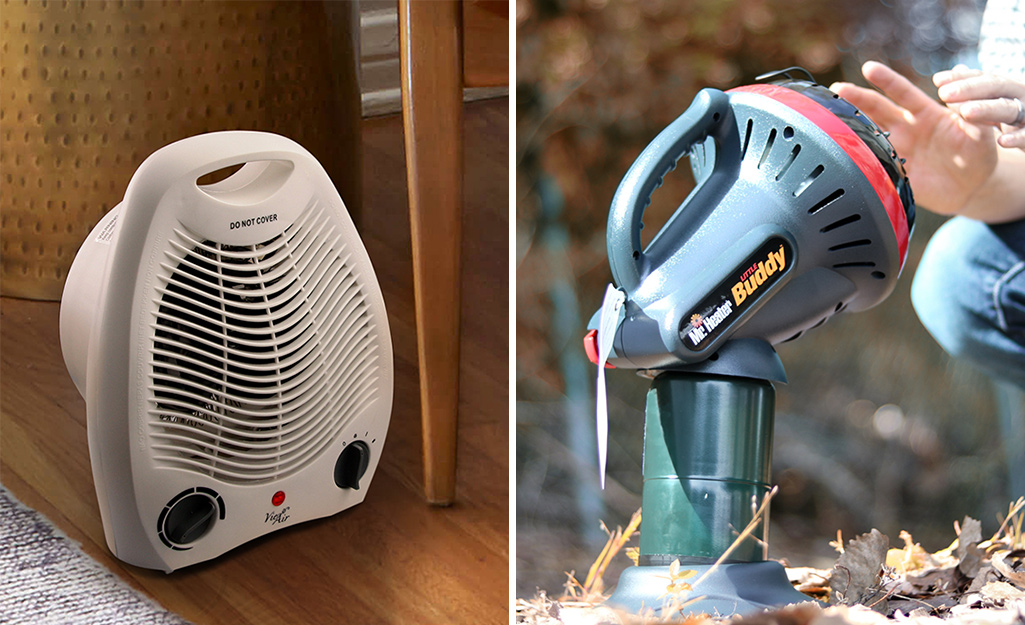
What is a Heater Blower?
A heater blower, also known as a furnace blower or fan, is a vital component in heating systems. Its primary function is to circulate heated air throughout your home or vehicle. Imagine it as the lungs of your heating system, pushing warm air through ducts or vents to keep you comfortable. Without a functioning heater blower, your heating system would be ineffective, resulting in cold and uncomfortable spaces.
Specifically, in a furnace, the process starts when the furnace heats the air. Then, the heater blower kicks in, pulling the heated air through the heat exchanger and pushing it through the ductwork. In vehicles, it works similarly, pulling air across a heated element and then into the cabin.
How a Heater Blower Works
The operation of a heater blower is relatively straightforward but crucial. Here's a breakdown:
- Air Intake: The blower motor draws in air from the surrounding environment.
- Heating: In a furnace, the air is heated by the heat exchanger. In a car, it's heated by a heating element.
- Air Propulsion: The blower fan, powered by the motor, propels the heated air through the ductwork or vents.
- Distribution: The heated air is distributed throughout the space, providing warmth and comfort.

Understanding this process helps in troubleshooting issues and maintaining your heating system.
Common Heater Blower Issues
Like any mechanical component, heater blowers can experience problems. Here are some common issues:
- No Airflow: This could be due to a faulty motor, a tripped circuit breaker, or a blown fuse.
- Weak Airflow: This might indicate a dirty filter, a failing motor, or blocked ductwork.
- Loud Noises: Unusual noises like squealing, grinding, or rattling can signify a worn-out motor bearing or a loose fan blade.
- Intermittent Operation: This could be caused by a faulty thermostat, a loose connection, or a failing motor.
Addressing these issues promptly can prevent further damage and ensure efficient heating.
Maintenance Tips for Your Heater Blower

Proper maintenance is essential for prolonging the lifespan of your heater blower and ensuring optimal performance. Here are some key maintenance tips:
- Regular Filter Changes: Dirty filters restrict airflow and can cause the blower motor to overheat. Change your filters regularly according to the manufacturer's recommendations.
- Clean the Blower Fan: Dust and debris can accumulate on the fan blades, reducing efficiency. Periodically clean the fan blades with a soft cloth.
- Lubricate the Motor: Some blower motors require lubrication. Check your owner's manual for specific instructions.
- Inspect Ductwork: Ensure that your ductwork is free from obstructions and leaks.
- Professional Checkups: Schedule regular professional maintenance to identify and address potential issues before they escalate.
By following these tips, you can keep your heater blower running smoothly and efficiently.
Choosing the Right Heater Blower
Selecting the right heater blower depends on several factors, including the size of your space, the type of heating system, and your budget. Here are some considerations:
- Size and Capacity: Choose a blower with sufficient airflow capacity to effectively heat your space.
- Motor Type: Consider the efficiency and reliability of the motor.
- Noise Level: Look for a blower with a low noise rating for quiet operation.
- Energy Efficiency: Opt for an energy-efficient model to reduce energy consumption and costs.
- Compatibility: Ensure that the blower is compatible with your heating system.
Consulting with a heating professional can help you make an informed decision.
The Importance of a Functional Heater Blower
A functional heater blower is crucial for maintaining a comfortable and safe environment. It ensures that heated air is distributed evenly, preventing cold spots and ensuring consistent warmth. During colder months, a reliable heater blower is essential for protecting your home or vehicle from freezing temperatures, which can lead to costly damage.
In addition, a properly functioning heater blower contributes to the overall efficiency of your heating system, reducing energy consumption and lowering utility bills. By understanding the importance of this component and taking steps to maintain it, you can ensure that your heating system operates at its best.
No comments:
Post a Comment
Note: Only a member of this blog may post a comment.